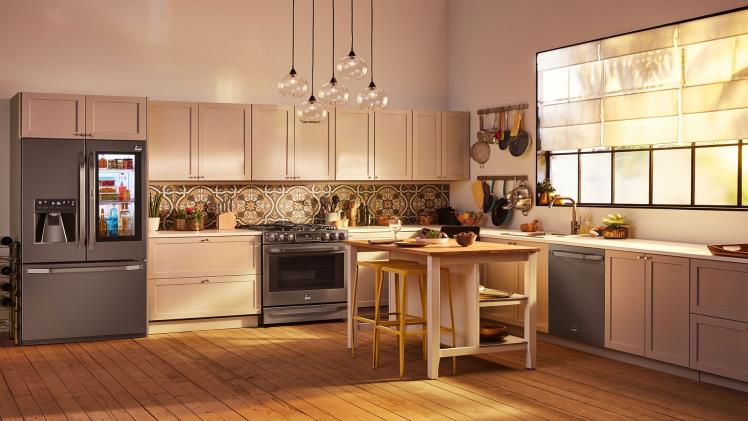Technology has dramatically improved the quality of many of the standard household appliances we take for granted. Modern refrigerators and freezers are much more energy-efficient, as are dishwashers and washing machines.
Smarter appliances also make life easier in other ways. For instance, a moisture sensor inside your oven or range can ensure you get evenly cooked meat and poultry without drying it out.
Modernization
Modernization is the process of updating something or making it work in a new setting. Technology has improved household appliances, such as cooking equipment and laundry equipment, to improve their efficiency and increase their lifespan.
This transition has been important for society. It has also changed the role of women and how they perform their tasks at home.
During this time, the introduction of electrical appliances made life much easier for many families. However, this change has had a negative impact on the economy and the domestic servants that were previously employed to help with housework.
Modernization theory is a body of theories that emerged in the 1950s and 1960s to understand economic and social development. It received critiques from the outset, but it was influential in creating policies that would assist the transition of poorer countries into the modern world.
Energy efficiency
Energy efficiency has improved household appliances by making them more convenient to use and consuming less energy. Besides, they also require less maintenance over their lifetime, which will save you money.
Energy efficient appliances also reduce greenhouse gas emissions. They minimize the exploitation of natural resources, such as water, oil and coal.
In addition, energy efficient appliances can decrease the demand for power plants and generators that depend on fossil fuels. This is important since it will cut down on global warming and other environmental problems.
In order to improve appliance efficiency, governments and the industry have worked together on a number of ways. These include minimum energy performance standards, energy labels and financial incentives.
Connectivity
Connectivity has been a major driver of innovation in smart appliances, providing many new capabilities that were unimaginable just a few years ago. It has enabled remote control of appliances, allowing users to check room temperature and switch
on or off an air conditioner while they’re out of the house; upload recipes to an oven or coffee machine so that they’re ready when you come home; or even access technical support if anything goes wrong.
Connected appliances are also able to track energy usage and use that data to make them more energy efficient. This can save homeowners money on energy bills and reduce their carbon footprints.
This isn’t just about controlling individual appliances remotely through; it’s about forming an ecosystem with connected devices that can communicate with each other, so they can work together to save you time and money. For example, GE’s CleanSpeak technology uses Internet connectivity to send a signal from the washer to the dryer that automatically selects the right cycle and drying time.
AI
Artificial intelligence (AI) has changed the way we live, bringing convenience and safety to our homes. It also has a huge impact on the environment, reducing waste and energy consumption.
Smart appliances use AI to learn the user’s habits and preferences, enabling devices to adjust themselves accordingly. This allows users to adjust the temperature or lighting in their home to suit their lifestyle, and it can even provide a more personalized experience.
For example, an AI-enabled refrigerator can automatically detect when food is about to expire and suggest recipes that will use up the remaining ingredients before they go bad. It can also communicate with a smart oven, pre-heating it when the recipe is selected in the fridge. With help installing smart appliances, a plumber in Adelaide will be able to correctly install appliances and check the plumbing to make sure it is working properly.
While these features have the potential to move civilization forward in progressive ways, it is important that these systems are built with unbiased and non discriminatory values in mind.

